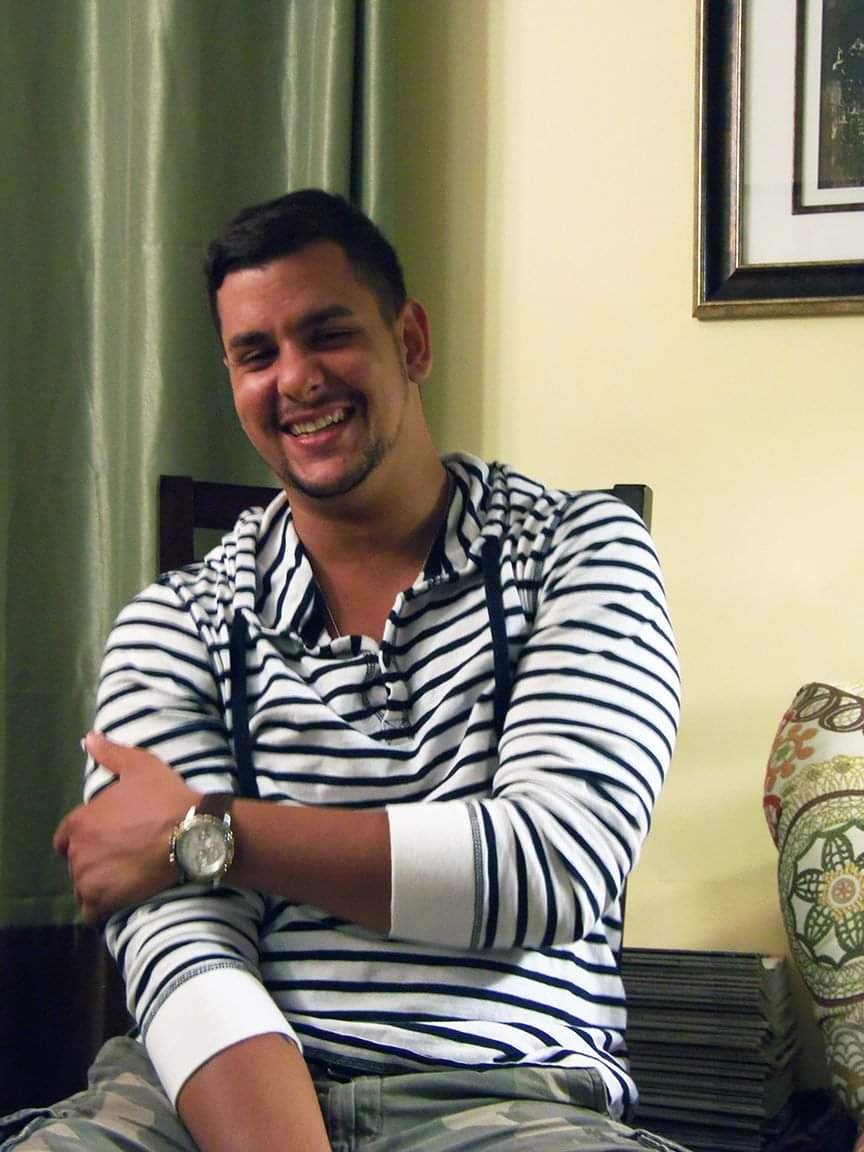Evelyn’s story stands as both a warning and a plea: that we must build a world where compassion replaces condemnation, and where mental illness is met with care, not cages.
Evelyn story’s: A Mother’s Plea for Understanding
Evelyn still remembers the way her son Jordan used to light up a room. He is handsome and full of life. But, for the last two years something began to shift. The sparkle in his eyes dimmed, replaced by confusion, paranoia, and fear.
When Jordan was diagnosed with schizophrenia, Evelyn didn’t know what to do. She did everything a mother could, doctor visits, medication trials, counseling, but the system was a maze with no clear exit. Every door she knocked on seemed to lead to another waiting list, another overburdened caseworker, another “we’ll get back to you.”
Then came the day that changed everything. In the middle of a mental health episode, Jordan took a sheriff’s patrol car. He wasn’t trying to hurt anyone; he was disoriented, convinced he was being followed and that the car would protect him. What followed was a media spectacle and a criminal charge that painted him as dangerous when, in truth, he was lost in his illness.
Evelyn, desperate to protect herself and him, once filed an order of protection, something she thought would help him get the treatment he needed as she didn't know how to deal with this insidious disease.. Instead, when Jordan returned home during a psychotic episode, it became the reason he was jailed. Now, he sits behind bars for breaking that order, while his illness rages on without clear evidence that the treatment provided is working. The evidence points to the medication not working as communication with his mother is at best garbled or delusional.
The court deemed him “competent” but Evelyn knows her son is far from well. He sleeps most of the day in jail, isolated and medicated, sometimes targeted by guards who don’t understand his condition. An altercation with them threatens his freedom. He has never been violent, never been in trouble before this. What he needs is not punishment, but care, stability, and a path to healing.
Evelyn cannot visit him due to the order of protection even though she dropped it. She keeps fighting for him even when he rejects her support. Each time, she sees less of the vibrant young man she raised and more of the toll the system has taken. “I just want my son back,” she says softly. “Not perfect. Just safe, stable, and seen for who he really is.”
Jordan’s story is not an isolated tragedy, t’s a reflection of a system that punishes illness instead of treating it. For every Jordan behind bars, there is a mother like Evelyn, tired, heartbroken, and praying for a justice system that understands mental health as more than a crime.
We need a system that sees people like Jordan not as case numbers, but as human beings that are complex, and capable of recovery. We need solutions that heal, not harm. Until then, Evelyn’s story stands as both a warning and a plea: that we must build a world where compassion replaces condemnation, and where mental illness is met with care, not cages.

